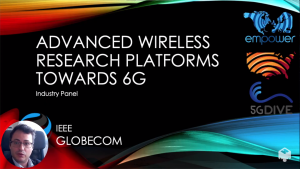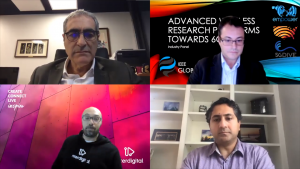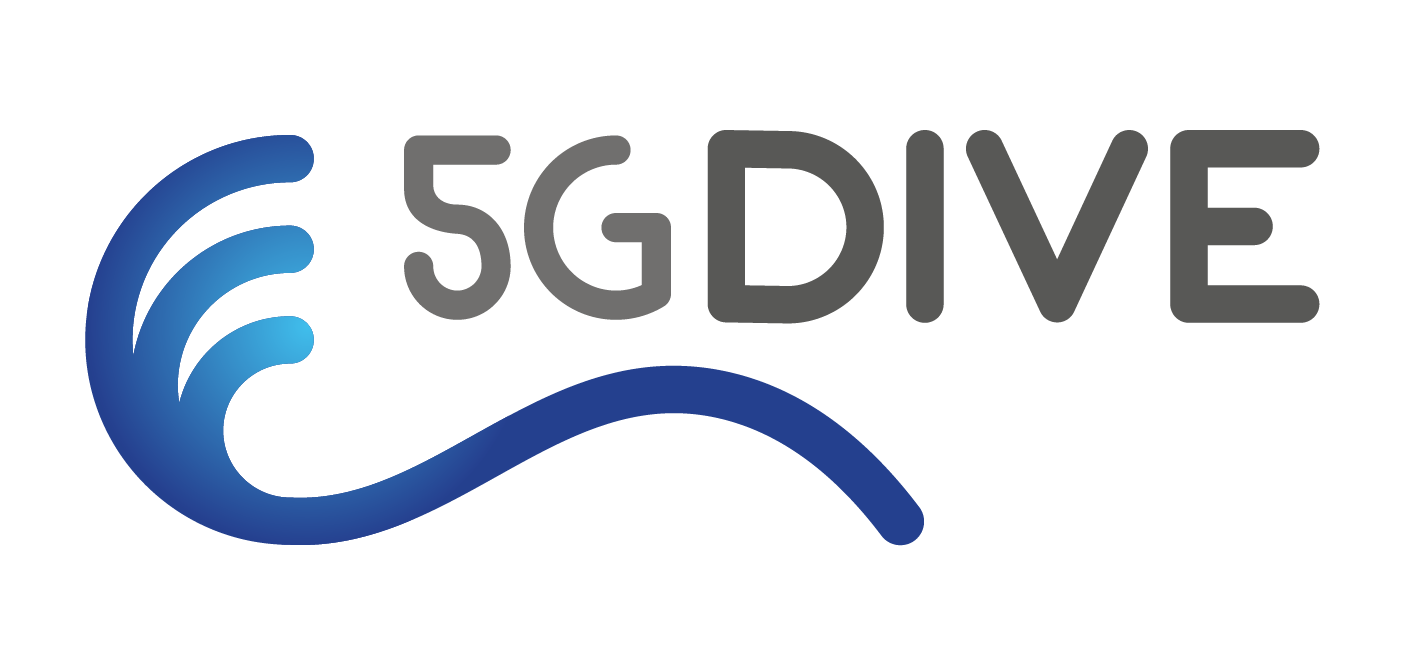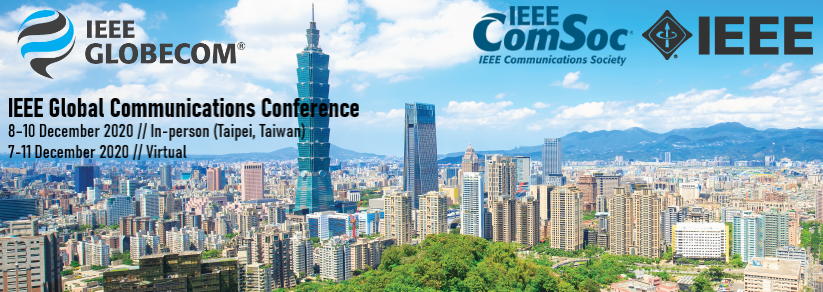
GLOBECOM 2020 and 5G-DIVE
This edition of GLOBECOM 2020, 5G-Dive presented, together with H2020 EMPOWER Project and NSF PAWR Project the following panel:
INDUSTRY PANEL 5 (IP-05, ON-DEMAND): ADVANCED WIRELESS RESEARCH PLATFORMS TOWARDS 6G
Date/Time: 9 December 2020 Wednesday, 16:00-17:30
Location: Virtual Platform
Organizer: Antonio de la Oliva, University Carlos III of Madrid,Spain
Panelists:
Alain Mourad, InterDigital, UK
Serge Fdida, Sorbonne Université, France
Abhimanyu Gosain, Northeastern University, USA
Abstract: This panel aims at discussing the key drivers and technology trends being envisaged for future wireless networks (2030). The European Union and United States of America have both started their own research programmes with the objectiv
e to lead the evolution towards next generation wireless networks. Although the objective is the same, the European and USA approaches seem to differ significantly in inception and execution.
Members of this panel include an industrial thought leader (Alain Mourad) from Interdigital, who is involved in both USA and European wireless research programmes and knows from first-hand the advantages and disadvantages of each approach. Serge Fdida, coordinator of the EMPOWER project has a long experience on the management of shared experimental platforms, especially as coordinator of the federated OneLab facility, the FIT French research infrastructure or the PlanetLab Europe testbed. Finally, Abhimanyu Gosain, as technical programme director of the PAWR office is the key person regarding the North American advanced wireless research platforms.
This panel aims at discussing a mix of market and technology questions such as:
- What are the key drivers; technical and societal, influencing research programmes towards 6G?
- What are the key technology trends in the wireless system and in the network?
- How are different countries, noticeably in EU and USA approaching the research towards 6G?
- Is the role of experimental research becoming more or less important?
- What makes the case to strengthen cooperation on the research platforms?
- How the costs of such platforms should be shared between public and private organizations?
- Do we see the need for a different governance model of these research platforms than what we are used to?
- How should non-traditional partner requirements (e.g. from Vertical Industries) be incorporated in future experimental wireless research platforms?
- What needs to be done to ensure large participation and use of these research platforms?
- How do we ensure reproducibility of the experiments? What models for experimental data sharing and governance need to be considered?
Full video of the recorded session can be watched at the end of this article, or by clicking here.
Biography and Photo of Organizer(s):
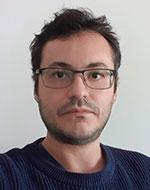 ANTONIO DE LA OLIVA DELGADO
ANTONIO DE LA OLIVA DELGADO
University Carlos III of Madrid
Antonio de la Oliva received his telecommunications engineering degree in 2004 and his Ph.D. in 2008 from the Universidad Carlos III Madrid (UC3M), Spain, where he has been an associate professor since then. He is an active contributor to IEEE 802 where he has served as Vice-Chair of IEEE 802.21b and Technical Editor of IEEE 802.21d. He has also served as a Editor of several journals and magazines, including Elsevier Computer Communications and IEEE Communications Magazine. He has published more than 50 papers on different networking areas. He has participated in several EU funded research projects and he is currently coordinating the H2020 EC/TW joint project 5G-DIVE.
Biographies and Photos of Panelists:
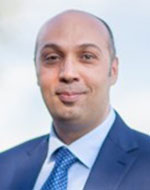 ALAIN MOURAD
ALAIN MOURAD
InterDigital, UK
Dr Alain Mourad is a Director Engineering R&D at InterDigital. He is currently leading the research and development of Next Generation Radio Access Networks (NG-RAN) at InterDigital European Labs (UK and Germany). Prior to joining InterDigital, Dr. Mourad was a Principal Engineer at Samsung Electronics R&D (UK) and previously a Senior Researcher at Mitsubishi Electric R&D Centre Europe (France). He is a prolific inventor with over 50 issued patents and a thought leader with numerous talks and publications. He received the Inventor of the Year Award from Samsung Electronics R&D in 2012 and 2013, InterDigital Innovation Awards in 2016 and 2018, and the 2018 Global Telecoms Awards “Highly Commended” in the category “Advancing the road to 5G”. He is currently serving as Technical Manager of H2020 EU/TW 5G-DIVE project.
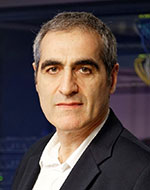 SERGE FDIDA
SERGE FDIDA
Sorbonne Université
Serge Fdida is a Professor with Sorbonne Université since 1995. He has been leading many research projects in High Performance Networking in France and Europe, notably pioneering the European activity on federated Internet testbeds. Currently, he is coordinating the French National Research Instrument FIT and the OneLab facility, two large test platforms on Future Internet technologies. He is a Distinguished ACM Member and an IEEE Senior member. He was one of the founders of the ACM Conext conference, general chair of ACM Mobicom 2015 and IEEE Infocom 2019. Serge Fdida has also developed a strong experience related to innovation and industry transfer, – he was the co-founder of the Qosmos company, – one of the active contributors to the creation of the Cap Digital cluster in Paris, and the President of the EIT Health French community. He is currently coordinating the H2020 CSA EMPOWER.
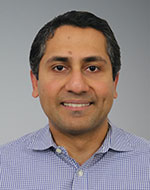 ABHIMANYU GOSAIN
ABHIMANYU GOSAIN
Northeastern University
Abhimanyu (Manu) Gosain is a Senior Technical Program Director for PAWR and Director of Industry Engagement for Institute of Wireless Internet of Things at Northeastern University. In this role, he is in charge of setting strategic goals and the research agenda for a $100 million public-private partnership for the NSF Platforms for Advanced Wireless Research (PAWR) program and $25M DARPA Colosseum program. His numerous professional publications, board and advisory role participation in open-source consortium(s) exemplify use-inspired basic research in the field of networking technologies such as LTE, 5G, dispersed computing, edge computing and Internet of Things. He is an IEEE Senior Member. He received his M.S. degree from Tufts University and M.B.A. from Boston University with High Honors.
